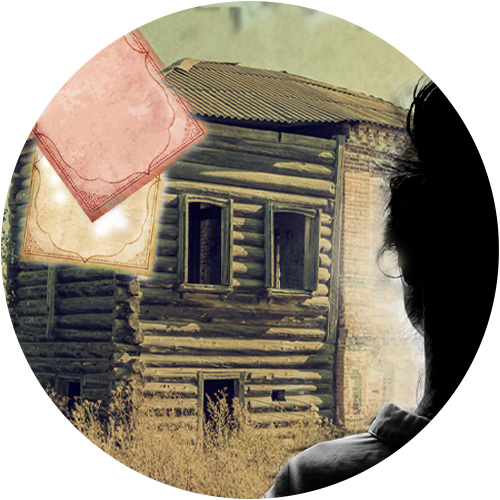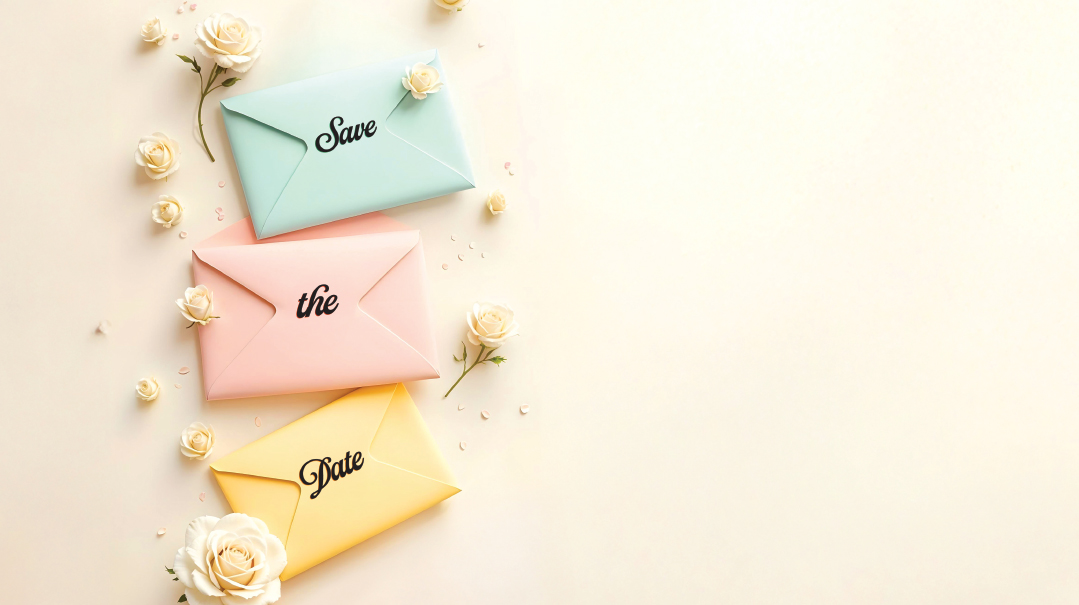Sara’s Story: Chapter 14
| June 21, 2022“I… I love your cooking, Maman, but I can’t eat it anymore”

T
zniyus. Shabbos. Kashrus.
My life chugged along. As I devoured one halachah after the next each day after school, and during recess time with my mentor, Mishi, I began to make some significant changes.
“I can’t eat any of the food here anymore,” I told Maman one chilly winter afternoon, waving a brand-new frying pan around in the air. “So I bought some of my own pots and pans to cook in.”
“What do you mean you can’t eat my food?” Maman asked. “It’s not clean enough? You know perfectly well that I never use nonkosher meat!”
“I know, Maman,” I said, aiming for a neutral tone. “But…” My voice drifted. How to explain to my mother that it wasn’t enough to merely stay away from nonkosher meat? That cooking meat and milk in the same pots was simply not allowed. “I… I love your cooking, Maman, but I can’t eat it anymore.”
Oops! We could not locate your form.


